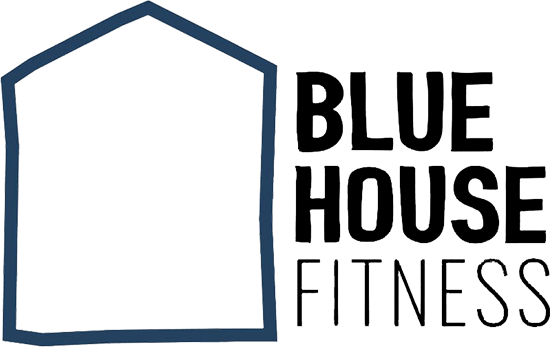Weekly Food for Thought, 11/13/23
Protein- Your Best Friend
When guiding new nutrition clients, our starting point almost always involves focusing on the importance of protein. Many are surprised by how little protein they actually consume daily. Over the next few weeks, we’ll embark on an exploration of all things protein: its significance and functions in the body, recommended daily intake, the variety of protein sources, and strategies for success in meeting individual targets.
Why Protein?
Proper protein consumption is a cornerstone of overall health, for everyone. When it comes to your body’s optimal performance, it is the secret sauce ingredient.
Here are few reasons why proper protein intake is important, and how it can help you:
Muscle Maintenance and Growth:
Protein is essential for the repair, maintenance, and growth of muscles, making it vital for individuals engaged in physical activities or strength training, like CrossFit.
After intense physical exertion, muscles experience microscopic damage and strain. Protein steps in by providing the necessary amino acids, acting as the building blocks of muscle tissue, facilitating the repair and rebuilding of these microtears. This repair process is fundamental for preventing muscle breakdown and fostering overall muscle health.
Even during periods of rest, our muscles undergo continuous cycles of breakdown and synthesis. Adequate protein intake supports the maintenance phase, ensuring that the rate of muscle protein synthesis matches or exceeds the rate of breakdown. This balance helps to preserve existing muscle mass and prevent muscle wasting.
For those aiming to build muscle mass, protein is indispensable. Consuming protein-rich foods provides the surplus amino acids needed to stimulate muscle protein synthesis beyond what is required for maintenance. This surplus promotes muscle growth, resulting in increased muscle size and strength.
Hormone Regulation:
Protein is involved in the regulation of hormones, influencing metabolic processes, growth, and the body’s response to stress. Adequate protein intake will help to regulate essential hormones such as insulin, cortisol, HGH, leptin, thyroid, reproductive hormones and more. Research proves that maintaining a balanced and protein-rich diet can help support hormonal health and production.
Tissue Repair and Recovery:
Protein facilitates tissue repair and faster recovery, crucial for healing after injuries or intense physical activities. In the aftermath of intense physical activity, such as strength training or endurance exercises, muscles need time to recover. Protein plays a crucial role in this recovery phase by facilitating the repair of damaged muscle fibers and replenishing energy stores. This process not only supports immediate recovery but also prepares the muscles for subsequent challenges.
In short, consuming protein is not just about building muscles and it’s not just for gym bros (no offense to you gym bros out there); it’s a multifaceted nutrient that supports cellular functions, hormonal balance, weight management, and overall recovery. Ensuring an ample protein intake is a key step towards maintaining a healthy and thriving body.
Next week we’ll dive into protein targets and the variety of sources it comes in. Stay tuned!
More Recent Posts





